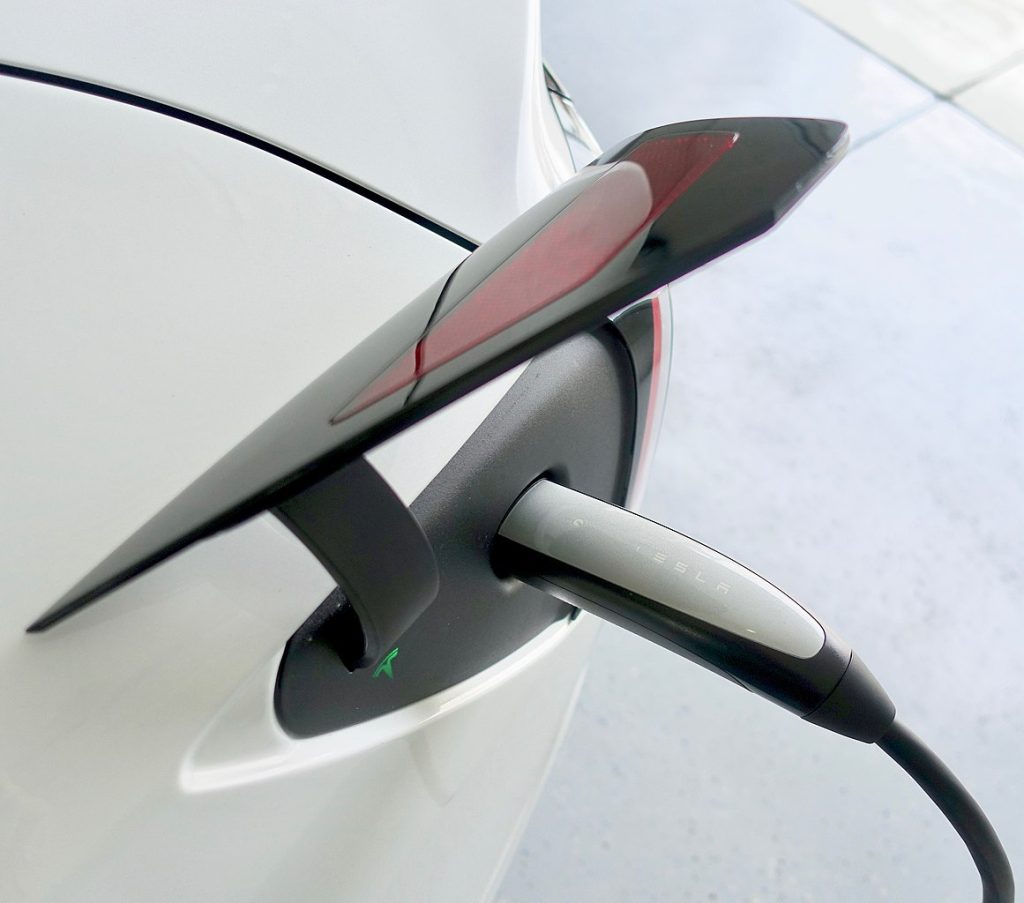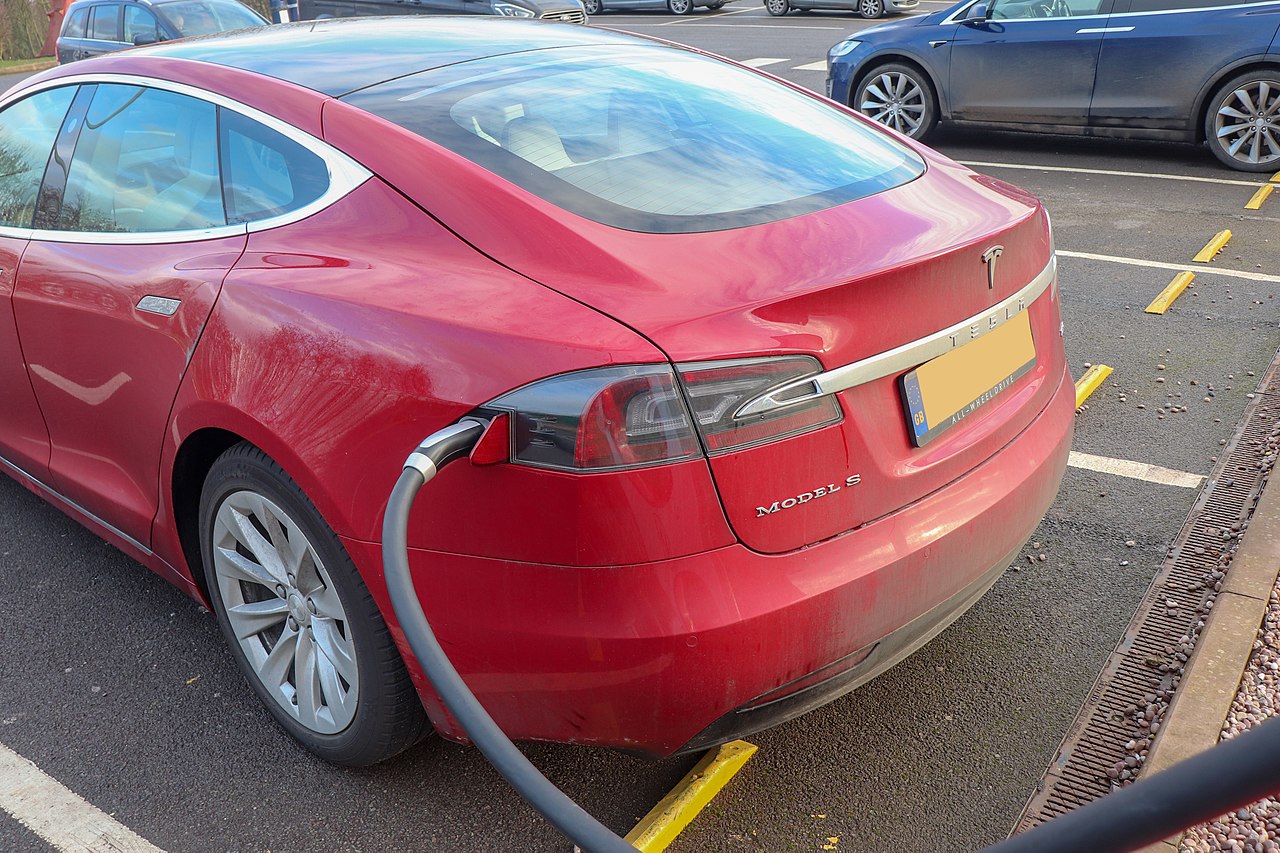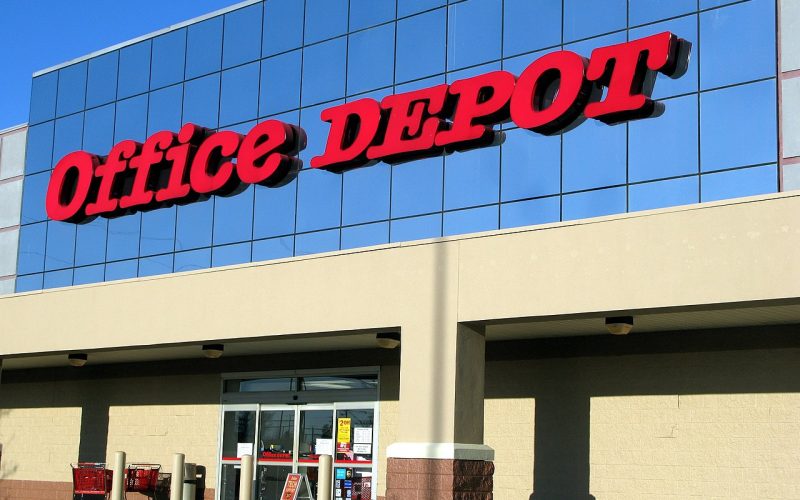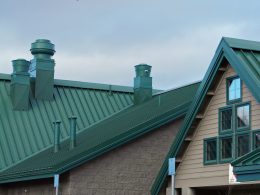Charging your Tesla at home is an essential part of owning an electric vehicle. Although there are various public charging stations available across the country, having a charging station at home can provide convenience and flexibility, especially for daily use. In this article, we’ll talk about everything you need to know about installing and setting up a Tesla charger at home.
Introduction
Electric vehicles are becoming increasingly popular, and Tesla is a leading brand in the electric vehicle market. Tesla offers various electric car models, including Model S, Model X, Model 3, and Model Y. These cars can be charged at home using a Tesla charging station. The installation and setup of a Tesla charging station, which is a necessary step in having a Tesla electric car, will be covered in this article.

Tesla Charging Options
Before we delve into the installation and setup process, let’s first discuss the various Tesla charging options available. Tesla offers three types of charging options:
- Tesla Mobile Connector: This is a portable charging cable that comes with every Tesla vehicle. It can be plugged into any standard 120V wall outlet and can provide up to 3 miles of range per hour of charging.
- Tesla Wall Connector: This is a Tesla-branded charging station that can provide faster charging speeds than the Mobile Connector. It can be installed indoors or outdoors and can provide up to 44 miles of range per hour of charging.
- Third-Party Charging Stations: Tesla electric vehicles can also be charged using third-party charging stations that are compatible with Tesla vehicles. These charging stations can vary in terms of charging speeds and cost.
Understanding the Tesla Charging Process
Before installing a Tesla charging station, it’s essential to understand the charging process. The charging process for Tesla vehicles involves the following steps:
- Plugging in the charging cable to the vehicle and the charging station.
- The charging station communicates with the vehicle to determine the battery’s current charge level and the maximum charging rate.
- The charging station delivers power to the vehicle’s battery until it reaches its maximum charge level.
The time required to fully charge a Tesla vehicle varies based on several factors, including the battery size, the current charge level, and the charging speed. With the Tesla Wall Connector, the charging time can range from a few hours to overnight, depending on the vehicle’s battery size and charging speed.
Preparing Your Home for Tesla Charging
Before installing a Tesla charging station, there are several factors to consider to ensure that your home is ready for installation.
Electrical Capacity
One of the important factors to consider is the electrical capacity of your home. The Tesla Wall Connector requires a 240V electrical supply, which is twice the voltage of a standard household outlet. Therefore, you must ensure that your home’s electrical system can handle the additional power load. You may need to upgrade your home’s electrical system to accommodate the Tesla charging station. You can consult with a licensed electrician to determine if your home’s electrical capacity is sufficient for the Tesla Wall Connector.
Location of the Charging Station
The location of the charging station is also essential. You will need to decide where to install the charging station, whether indoors or outdoors, and in a location that is easily accessible for your vehicle. It’s also essential to consider the length of the charging cable and ensure that it can reach your vehicle’s charging port.
Choosing a Charging Station
When choosing a charging station, you must consider several factors, including charging speed, cost, and compatibility with your Tesla vehicle. The Tesla Wall Connector is an excellent option for Tesla owners because it provides faster charging speeds and is specifically designed for Tesla vehicles.
Required Permits and Building Codes
Before installing a Tesla charging station, you may need to obtain permits and comply with building codes in your area. The specific requirements may vary depending on your location, so it’s important to check with your local building department to ensure that you are following all the necessary regulations.
Cost of Installation
Tesla charging station costs rely on several factors, including the electrical upgrades required, the location of the charging station, and the cost of the charging station itself. It’s important to consider all these factors when budgeting for the installation of a Tesla charging station.
Installing Your Tesla Charging Station
Now that you have prepared your home for the installation of the Tesla charging station, it’s time to install the charging station.
Hiring a Professional Electrician
It’s important to hire a licensed and experienced electrician to install your Tesla charging station. The electrician will ensure that the electrical work is done safely and according to all the necessary regulations. They will also be able to give you advice on any electrical improvements that are required.
Mounting the Charging Station
Once the electrical work is complete, the next step is to mount the charging station. The charging station should be mounted in a location that is easily accessible for your vehicle and at a height that is convenient for plugging in your vehicle.
Connecting the Electrical Wires
After mounting the charging station, the electrician will connect the electrical wires from the charging station to the electrical panel in your home. The electrician will also install a dedicated circuit breaker for the charging station to ensure that it is safely connected to the electrical system.
Testing the Charging Station
After the installation is complete, the electrician will test the charging station to ensure that it is working correctly. They will also demonstrate how to use the charging station and provide any necessary instructions.
Setting Up and Using Your Tesla Charging Station
Now that the Tesla charging station is installed and ready to use, it’s time to set it up and start charging your Tesla vehicle.
Configuring the Charging Station
Before using the charging station, you will need to configure it by setting the charging speed and other settings using the Tesla mobile app or the touchscreen in your Tesla vehicle.
Plugging in Your Tesla
To start charging your Tesla, you will need to plug the charging cable into your Tesla and the charging station. The charging station will communicate with your Tesla to determine the current charge level and the maximum charging rate.
Monitoring the Charging Process
You can monitor the charging process using the Tesla mobile app or the touchscreen in your Tesla vehicle. The app or touchscreen will display the current charge level, estimated time to full charge, and other charging information.
Safety Tips for Charging Your Tesla
It’s important to follow safety tips when charging your Tesla, including:
- Never touch the charging cable or the charging port with wet hands.
- Avoid using extension cords or adapters when charging your Tesla.
- Always ensure that the charging cable is properly plugged into the vehicle and the charging station.
- Never charge your Tesla in a flooded or wet area.
Video: Charging | Model 3 and Model Y
Conclusion
Installing and setting up a Tesla charging station is an essential step in owning a Tesla electric vehicle. It provides convenience and flexibility, especially for daily use. Using the procedures described in this article as a guide, you can ensure that your home is prepared for the installation, and you can enjoy fast and efficient charging of your Tesla vehicle at home.












